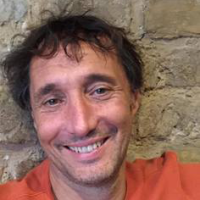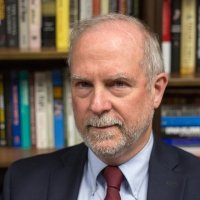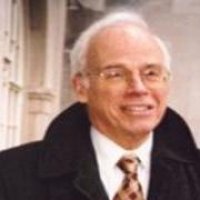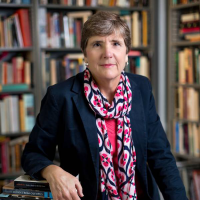Germany: A Nation in its Time
Conventionally, historians argue either that nationalists invent nations or that nationalism is an irrational form of national attachment. By contrast, Helmut Walser Smith takes the long view in his new book, Germany. A Nation in its Time, and situates nationalism within the dramatic transformations of the nation itself. Drawing on literature, art, cartography, and the history of peace and war, Smith gives us an account of the German nation before, during, and potentially after its destructive nationalism.
Helmut Walser Smith is the Martha Rivers Ingram Professor of History at Vanderbilt University. He is the editor of the Oxford Handbook of Modern German History (OUP, 2011), and the author of the widely-acclaimed The Butchers Tale: Murder and Anti-Semitism in a German Town (W.W. Norton, 2002), as well as other books. He is currently working on a book tentatively entitled “Facing the Past in Small-Town Germany, 1945-2000” as well as an “Atlas of German Studies.”
The Washington History Seminar is co-chaired by Eric Arnesen (George Washington University and the National History Center) and Christian Ostermann (Woodrow Wilson Center) and is organized jointly by the National History Center of the American Historical Association and the Woodrow Wilson Center's History and Public Policy Program. It meets weekly during the academic year. The seminar thanks its anonymous individual donors and institutional partners (the George Washington University History Department and the Lepage Center for History in the Public Interest) for their continued support.
Speaker

Moderators

Woodrow Wilson Center

Professor of History, The George Washington University. Director, National History Center of the American Historical Association.
Panelists

Leverett Saltonstall Professor of History at Harvard University

Hosted By

History and Public Policy Program
A global leader in making key archival records accessible and fostering informed analysis, discussion, and debate on foreign policy, past and present. Read more


Global Europe Program
The Global Europe Program is focused on Europe’s capabilities, and how it engages on critical global issues. We investigate European approaches to critical global issues. We examine Europe’s relations with Russia and Eurasia, China and the Indo-Pacific, the Middle East and Africa. Our initiatives include “Ukraine in Europe”—an examination of what it will take to make Ukraine’s European future a reality. But we also examine the role of NATO, the European Union and the OSCE, Europe’s energy security, transatlantic trade disputes, and challenges to democracy. The Global Europe Program’s staff, scholars-in-residence, and Global Fellows participate in seminars, policy study groups, and international conferences to provide analytical recommendations to policy makers and the media. Read more
